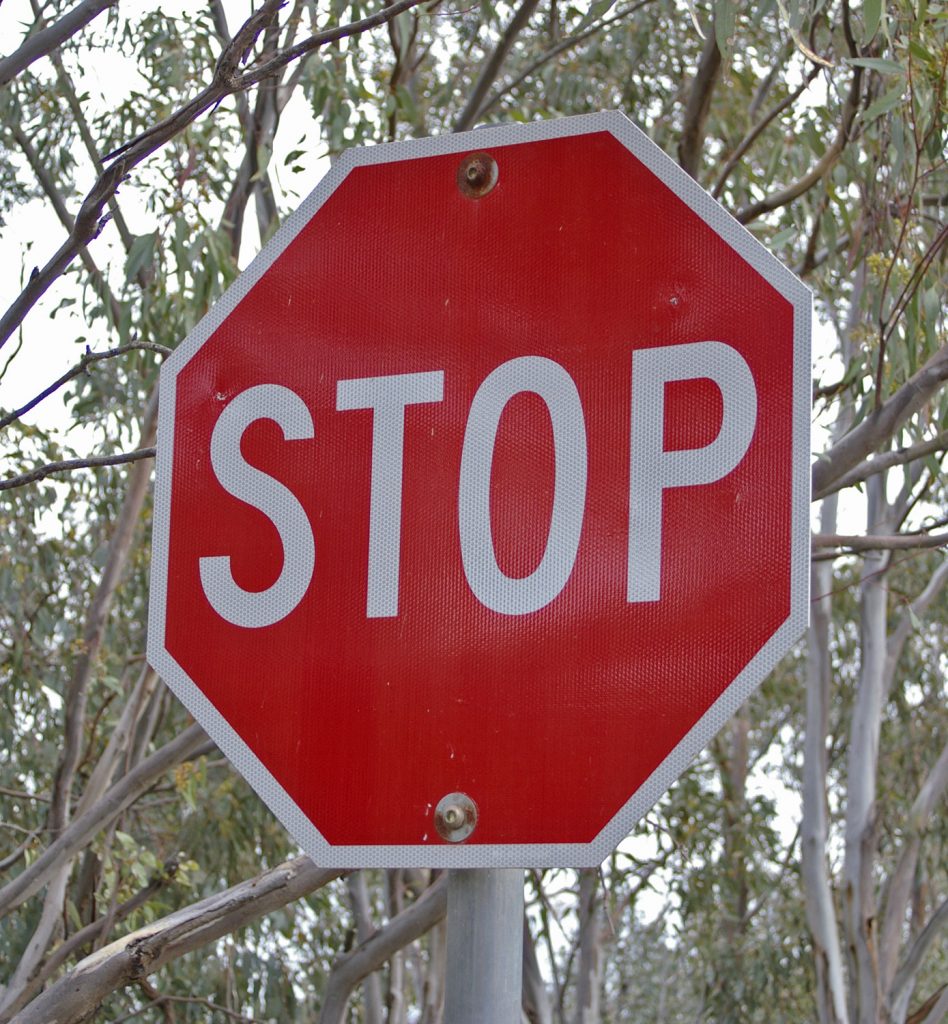with additional reporting by Amadeus Finlay

When everyone is talking about racial injustice it is easy to stand up and say, “I’m an ally” to the black community, but also be protected from that reality by white privilege. Virtue signaling is an odious social practice, and it stinks even higher when accompanied by abuse of that privilege. As a middle-class white New Englander, I am aware that I can do things that individuals from other communities cannot. That is a truth that we all must accept, and then seek to remove its every trace from our daily actions.
Early last week, I came to a stop sign in the Jewelry District of south Providence. I did a rolling stop through that sign and proceeded. I know the chances of me being pulled over are slim, *if* I’m pulled over I’ll likely get a slap on the wrist — maybe a ticket — but the thought of being at the receiving end of brutality never even enters my mind. And that is because I am always aware, somewhere deep in my subconscious, that I am a white, middle-class New Englander of privilege.
My neighbor, a black man of Puerto Rican descent, passes the same stretch of road each day to go to work. But unlike me, my neighbor is a frequent target of the police in that area of the city. “Just because I like to listen to hip-hop music and dress in the hip-hop culture, does not mean I am a threat to society,” he explains. He gets pulled over twice a month just going to work. Two people living in one neighborhood, yet two colors and two sets of experiences.
And that was when I realized that I was a bad ally, if one at all. I share content on social media, elevate discussions with fellow white people of privilege, I have black friends. None of that is even close to being an ally — or honestly, even a good friend. If I really want to be an ally, I need to participate in conversations with the black community — to listen, not speak. I need to educate myself on the history of racial injustice in the country and how it continues today. And most importantly, I must take real actions to stop using my white privilege, which is tantamount to passivity or, worse, culpability. Don’t be afraid, real action can start small.
Later in the week, I came to the same stop sign, thought of my neighbor, and I actively stopped. As I should have done all along, I waited for three seconds, and then I proceeded. Continuing to do a rolling stop at that sign reinforces that it is OK for me to act in one way, but not for others. There is no need for me to get up the road three seconds quicker, for the consequences of perpetuating my blatant privilege last for far longer within communities without that social silver spoon.
It is time for those of us in the nation’s white communities to pause. It is time for us to evaluate our every action, and then proceed in a way that would not result in an individual of color being disproportionately targeted by the law should the tables be reversed.
Be a better ally. Think before you act, and make those actions racially sensitive and privilege aware.
It might ultimately save lives.
More Posts by The Author:
Knock Knock! Who’s There? Banana! Gluten and dairy free banana muffins, that is
Celiac Notes
Keep Calm and Panic! (at the Disco)
Don’t Gluten Me, Bro!: Celiac is a thing, not a fad, and restaurants need to step up their game
Opinion: Mother of Christ(mas)



